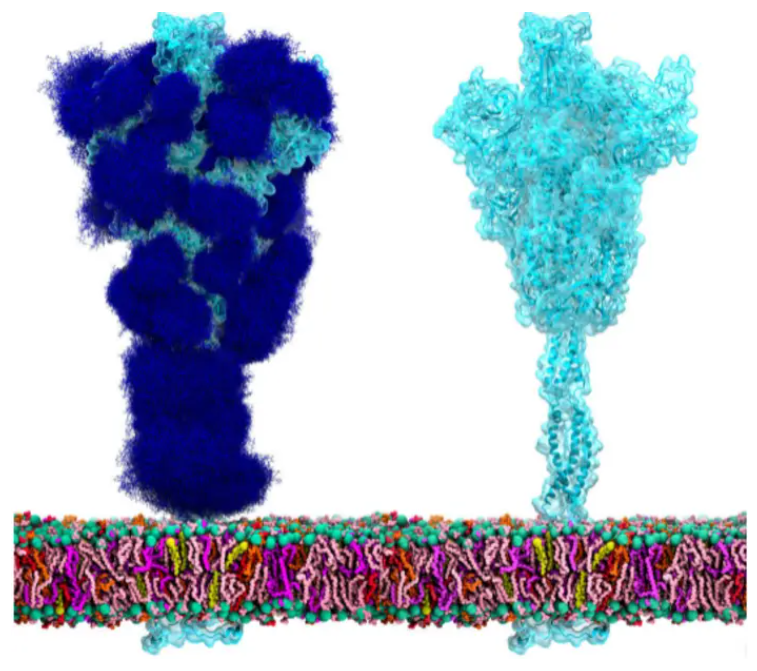
The COVID-19 pandemic had a negative impact on patients with epilepsy, exhibited by increased rates of depression and poorer seizure control, according to a study published in Acta Neurologica Scandinavica.
The medium-term study is a follow-up to a short-term, cross-sectional, survey-based study that assessed patients with epilepsy from a tertiary hospital in Spain. The researchers reported that this initial data “showed emerging lockdown‐related symptoms such as anxiety and depression in addition to sleep disturbances and reduced family income.”
In the present study, patients responded to a 19-item online survey between July 1, 2020, and August 30, 2020. They completed the Hospital Anxiety and Depression Scale (HADS), and the Pittsburgh Sleep Quality Index (PSQI). The researchers compared the pandemic’s short- and medium-term effects, as well as patients’ perception of telemedicine.
A total of 153 patients filled out the survey. The mean age was 47.6 years. The rate of depression was much higher than it was in the short-term analysis (29.2% vs 19.7%; P=0.038). In both the medium- and short-term surveys, patients reported high rates of anxiety (38.1% vs 36.1%; P=0.749) and insomnia (28.9% vs 30.9%; P=0.761). The rate of increases in seizure frequency remained similar (11.1% vs 9.1%; P=0.515).
Factors associated with medium-term increases in seizure frequency were drug-resistant epilepsy, depression, and reduced income. This time around, patients were much more likely to regard telemedicine as unsatisfactory (11.2% vs 2.4%) and less likely to regard it as very satisfactory (44.8% vs 56.8%).
“The full consequences of the COVID‐19 pandemic and social distancing measures have yet to be determined in the setting of epilepsy, although as our results suggest, they are likely to be lasting and will call for adjustments to daily practice,” the researchers wrote in their conclusion.
Source: Acta Neurologica Scandinavica (https://onlinelibrary.wiley.com/doi/10.1111/ane.13439)







 © 2025 Mashup Media, LLC, a Formedics Property. All Rights Reserved.
© 2025 Mashup Media, LLC, a Formedics Property. All Rights Reserved.